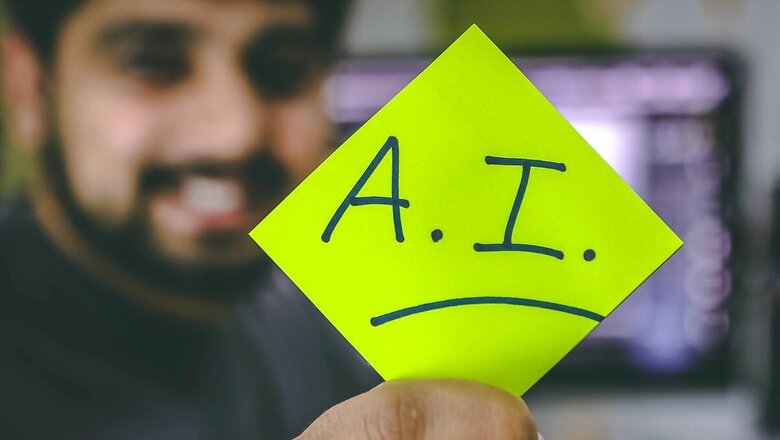
views
Tim Berners-Lee invented the World Wide Web (www) about 35 years ago, an information system allowing us to share content across the Internet and access nearly endless information. As part of an interview with CNBC to commemorate the Internet’s 35th birthday, Berners-Lee recently made three predictions about its future. He made predictions about artificial intelligence (AI), data privacy, and, most crucially, the breakup of at least one major tech business.
Top Three Predictions From Tim Berners-Lee
AI assistants will help humans
One of Berners-Lee’s major predictions is that AI will play an increasingly important part in human life. While the technology was introduced in 2023, the inventor believes that one day we will have AI assistants who work for us, much like our physicians, lawyers, and bankers do. “Some people worry about whether, in 35 years, AI will be more powerful than us. One of the things I predict — but it’s something we may have to fight for — is you will have an AI assistant, which you can trust, and it works for you, like a doctor,” the tech pioneer said, as quoted by CNBC.
Users will have control over their data
Berners-Lee claims that human beings will genuinely control the data on all platforms, including virtual reality (VR), through a data repository, or “pod,” in contrast to the current situation where user data is held by Google, Meta, Amazon, Apple, Microsoft, and other digital behemoths.
“You’ll think of your data pod as your digital space, you’ll think of it as being one thing you’re very comfortable with,” Berners-Lee added.
Pods are a notable technology that Berners-Lee is developing with his firm, Inrupt. In the future, a digital pod might be used to access all necessary programmes, such as emails, from phones, laptops, desktop PCs, and larger screens, such as televisions.
A big tech firm could be forced to split up
The final prediction and perhaps the most important in the tech industry, is that a large tech corporation will be forced to split up. Berners-Lee’s prediction came just days after the European Union’s groundbreaking Digital Markets Act (DMA), which aims to promote healthier regional tech competition, went into effect.
According to the rules, if a tech company fails to meet its commitments, the European Commission may impose legal sanctions, including fines of up to 20 per cent for repeat offenders and, in severe situations, the dissolution of the company.

















Comments
0 comment